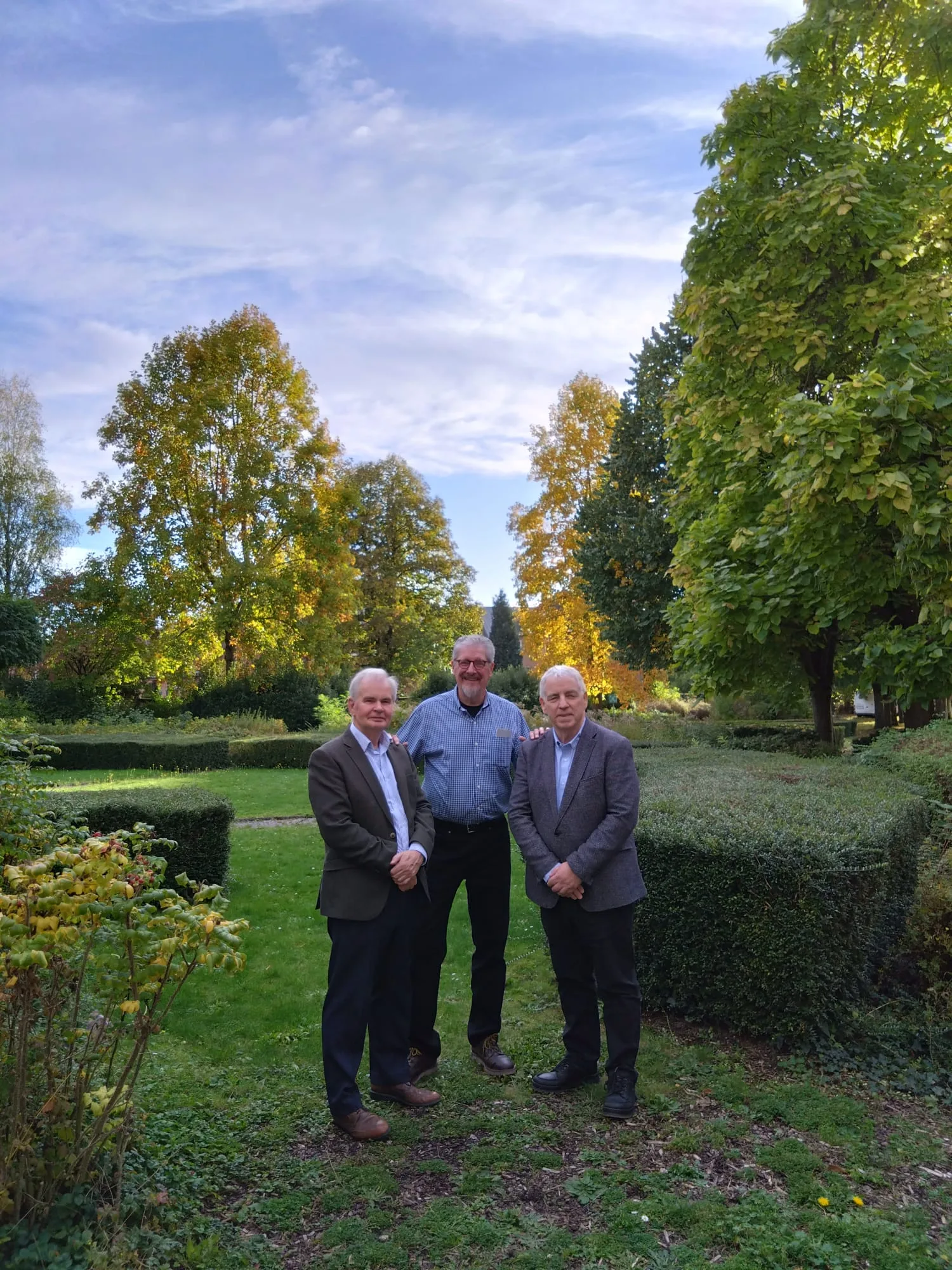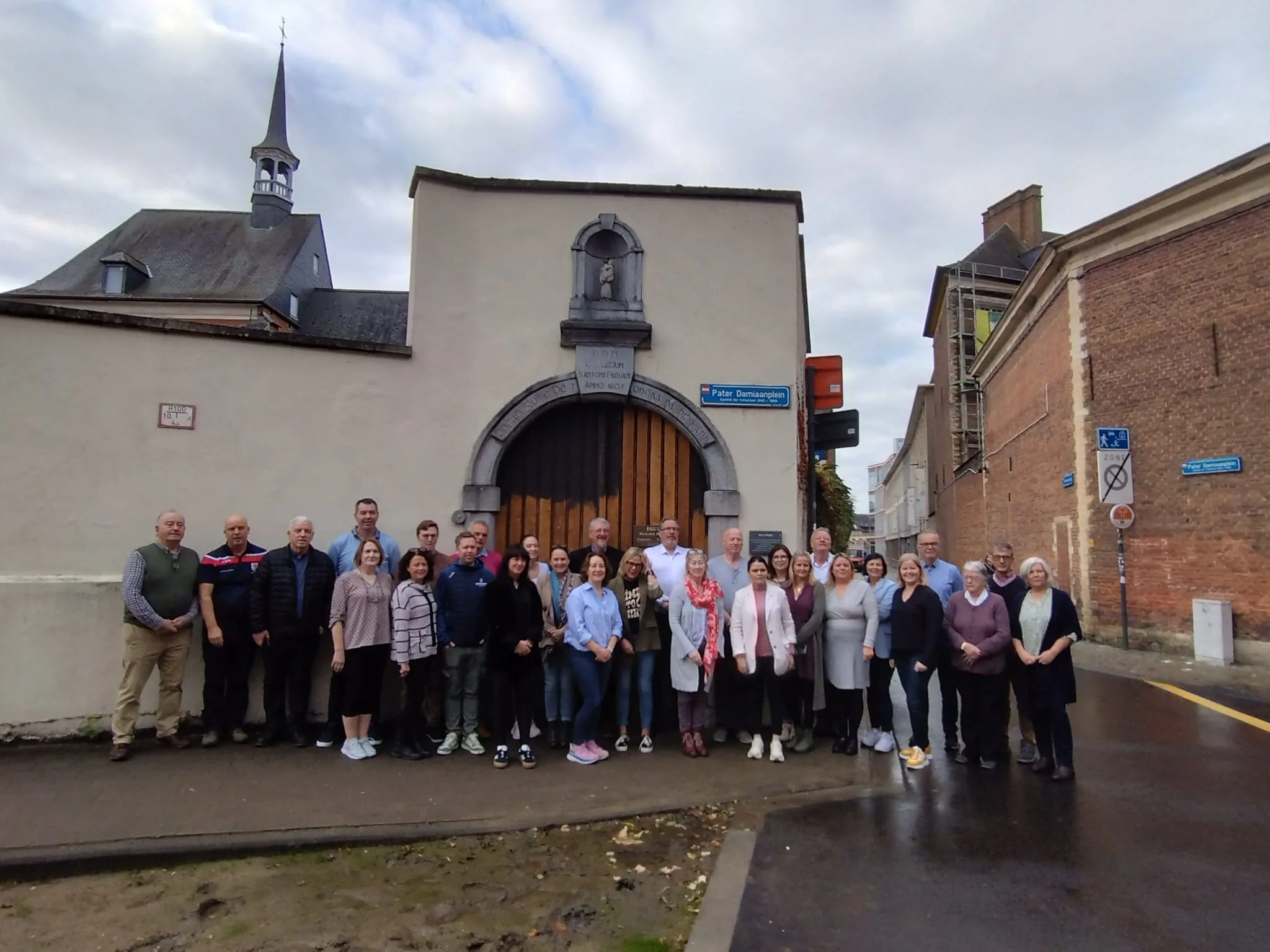 Share this!
Share this!From 14 to 18 October 2024, the Dúiche programme at the Irish College Leuven welcomed executives from development agencies, community development practitioners, public officials, and policymakers to explore how and why place matters in a global economy.
In a world shaped by the unrelenting pressure of globalization, the place-based approach represents a paradigm shift from the capitalistic logic of growth and accumulation. Promoted by Mícheál Ó hÉanaigh, AER Vice President for Youth, Culture and Tourism (Donegal, IE), the Dúiche workshop explored why and how place matters in a global economy. The workshop was moderated by Professor Finbarr Bradley and Professor James J. Kennelly, who brought to the discussions their expertise blending international business, cultural studies and Irish studies.
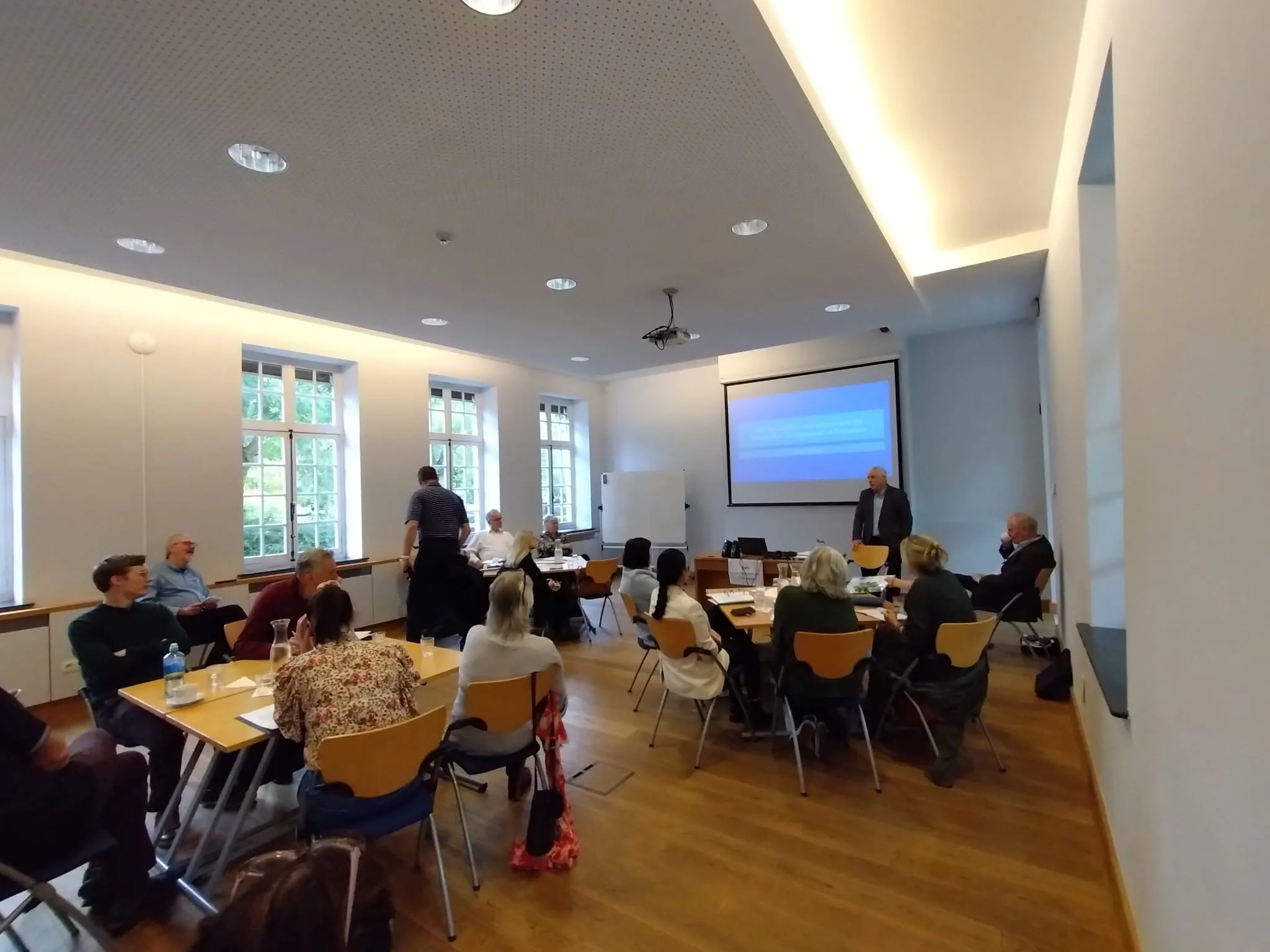
Dúiche: the place as a centre of significance for communities and enterprises
The Irish word Dúiche means native/ancestral land, highlighting the relationship between place, community, and culture. The place-based approach builds upon this connection, empowering local stakeholders to initiate activities characterised by a sense of belonging, connectedness and rootedness.
A relevant case study was the success story of Sonnentor, a tea company based in Waldviertel (Lower Austria, AT), which started with 300 local organic farms and developed a supply chain counting more than 1000 suppliers worldwide, 50% of the Austrian market and 25% of the German one. One of the reasons for its success is that, during the expansion of the company, the value of local sustainability was embedded at every level, from human resources to supply chains to marketing.
Harnessing place-based resources for meaningful experiences
A place-based approach enables local businesses to make the most out of the experience economy, which awards businesses’ capacity of generating meaningful experiences. The experience economy responds to the needs of the place-based customer, who has less interest in buying items and more in engaging in experiences, particularly those marketed as consistent with the sources of local and national identity. An interesting trend in marketing is framing the experience as a transformative opportunity, which enable customers to discover new perspectives about themselves.
A success story of marketing place-based resources is Inis Meáin – Island stay, a high-end hospitality project born out of the structures and resources of the owners’ family business in knitting and wool. Located in the island of Inis Meáin in Galway Bay, Ireland, it offers visitors the possibility to enjoy a immersive experience of the island’s natural and gastronomic wonders.
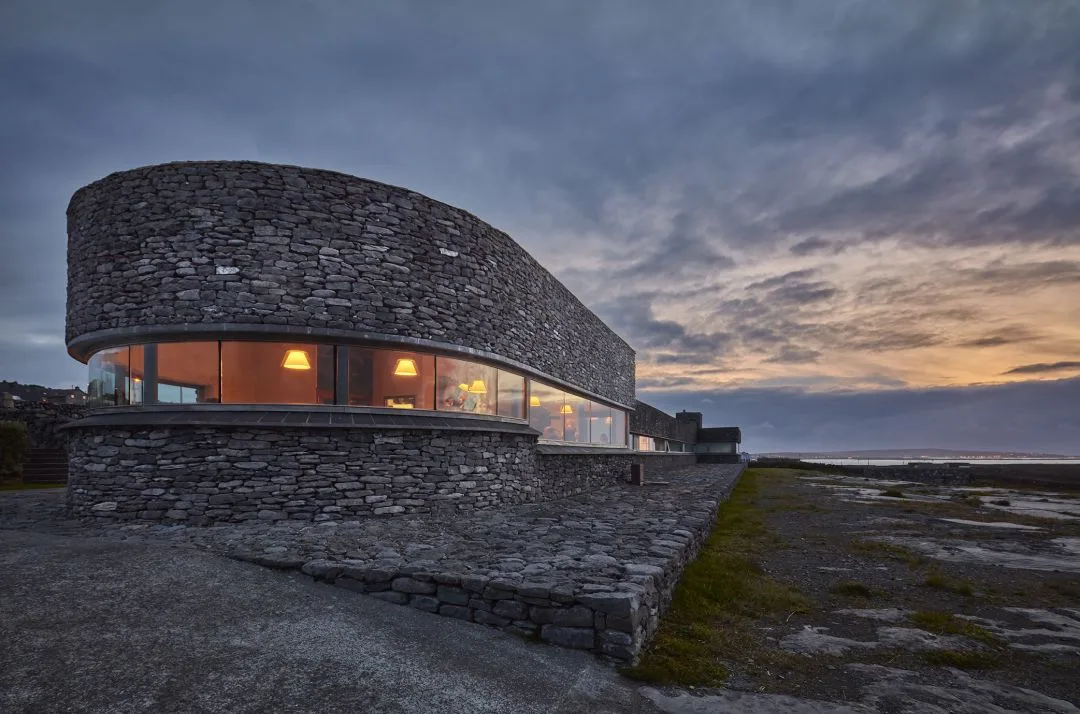
Scaling deep & the role of social enterprises in community development
A place-based enterprise is driven by the purpose of benefitting its community and native place. For this reason, its goal must be able to scale deep in the local economy by growing slowly and yielding distinctive products which are consistent with long-term planning and reputation building. As shared by Vice President Ó hÉanaigh on how to make viable communities and sustainable development of resources, one type of place-based enterprise is the social enterprise. By developing a HR strategy go understand talents and gaps in the local community, an enterprise is able to build a strategy that identifies vision, goals and objectives benefitting the place, people and culture.
Place-based projects in Ireland
The workshop was also an opportunity to share success stories about place-based projects across Ireland. For example, in An Cheathrú rua, in Galway, there is Atlantic Scuba Adventures, Europe’s first solar-powered scuba diving centre, which promotes awareness of the Atlantic marine life and eco-tourism.
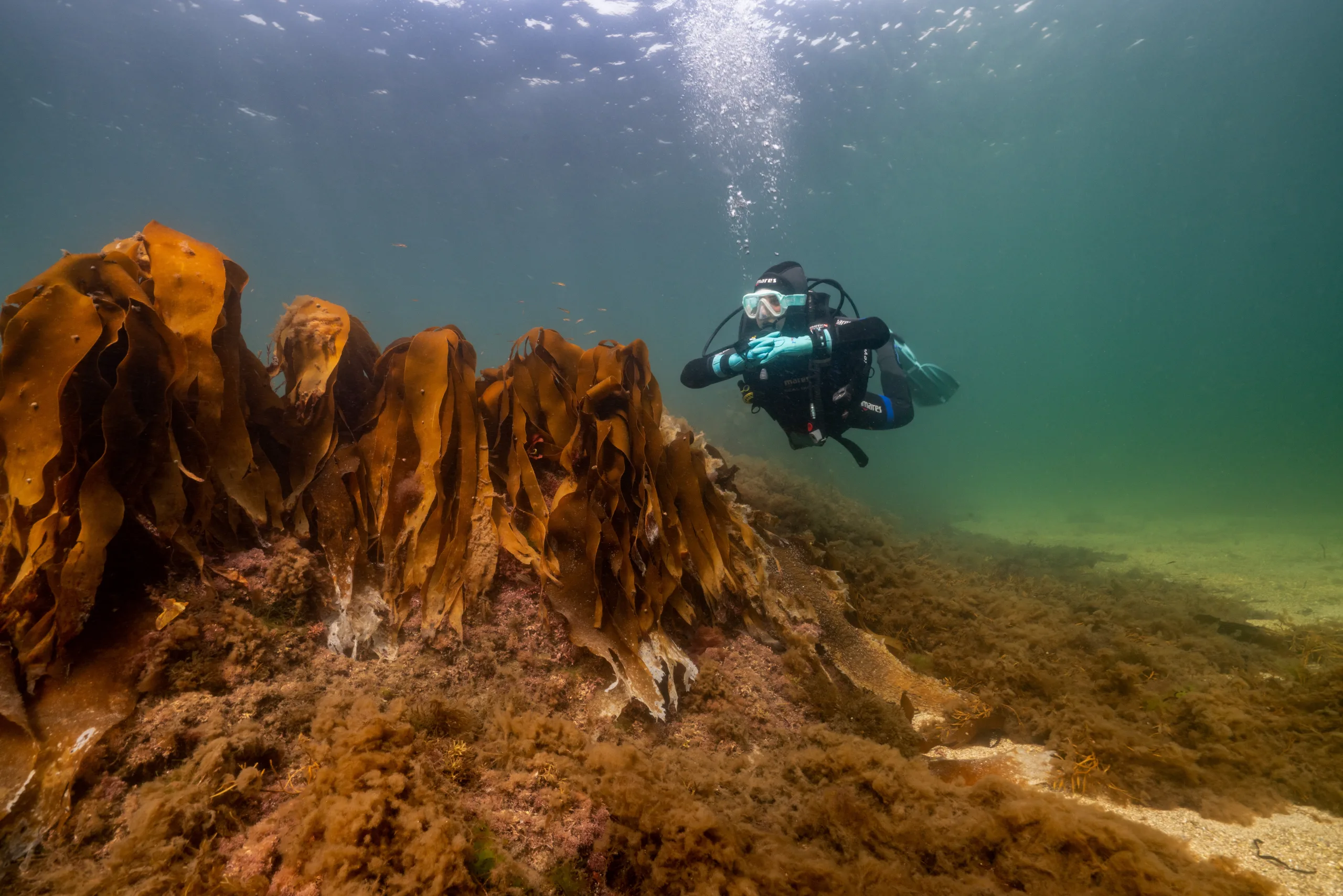
On the Falad peninsula, in Donegal, the Falad Lighthouse re-opened as a hospitality initiative thanks to the commitment of a community-owned social enterprise which used the available resources and legacy to give space to local artists and producers to sell and feature their products.

